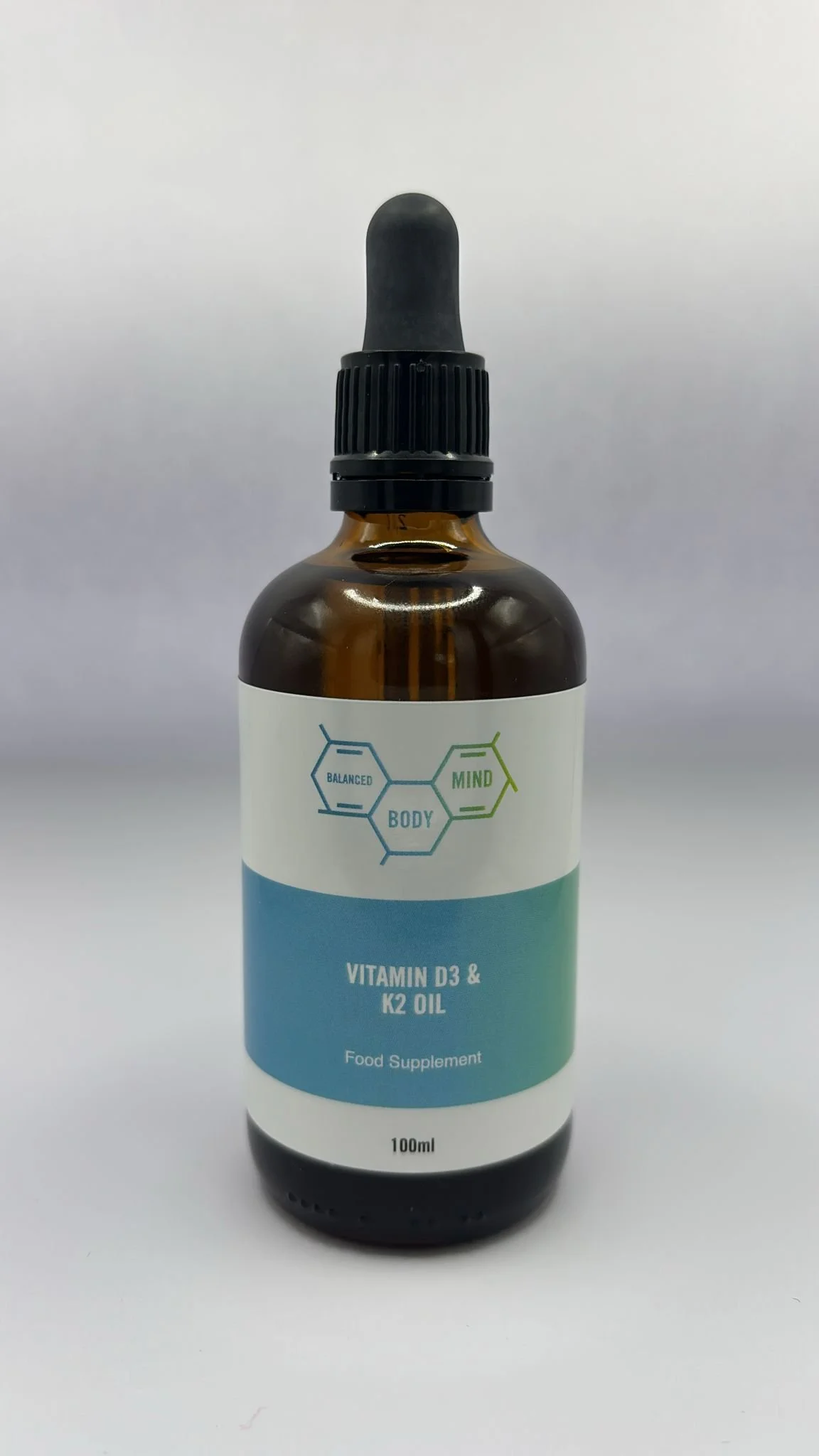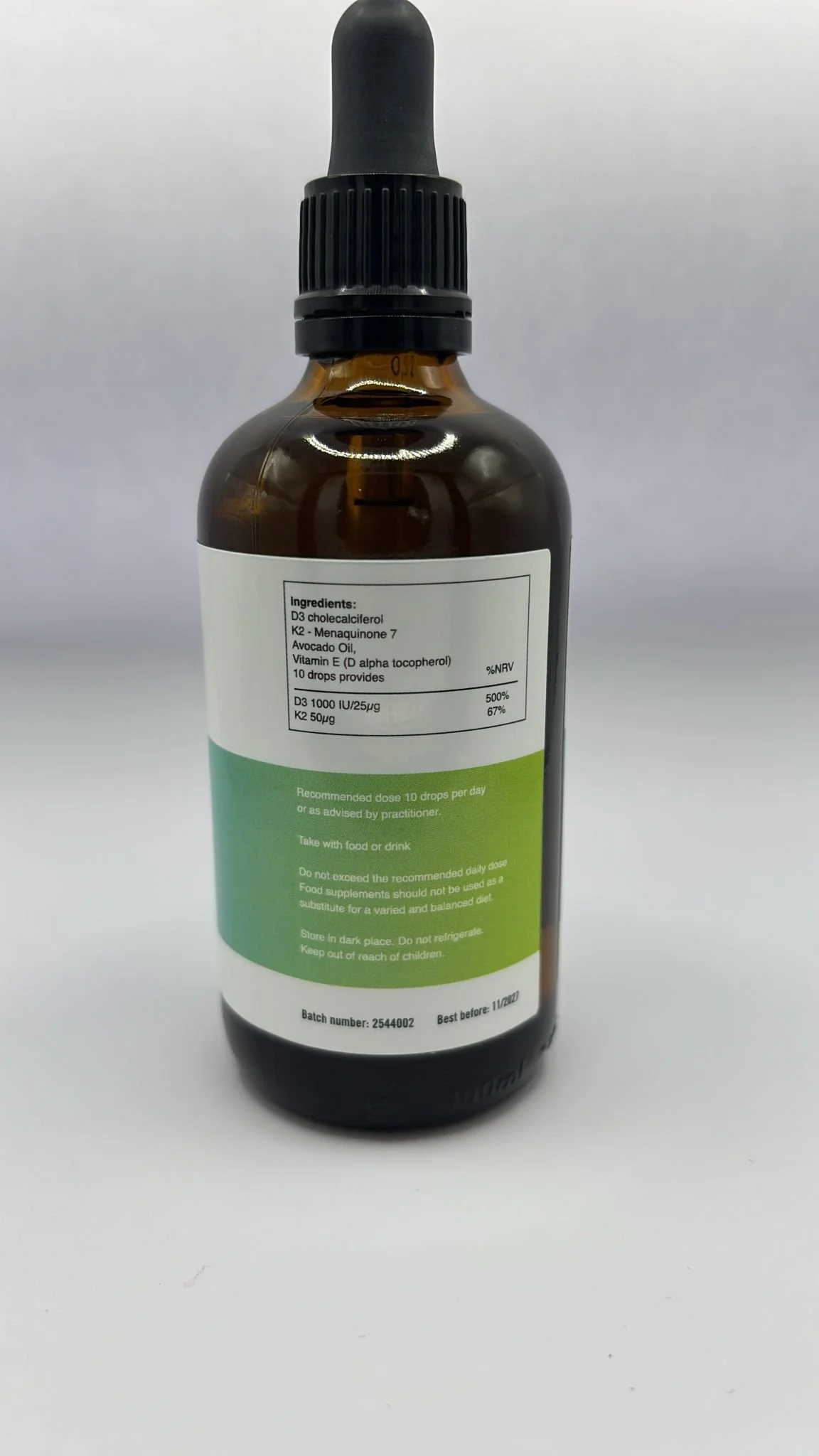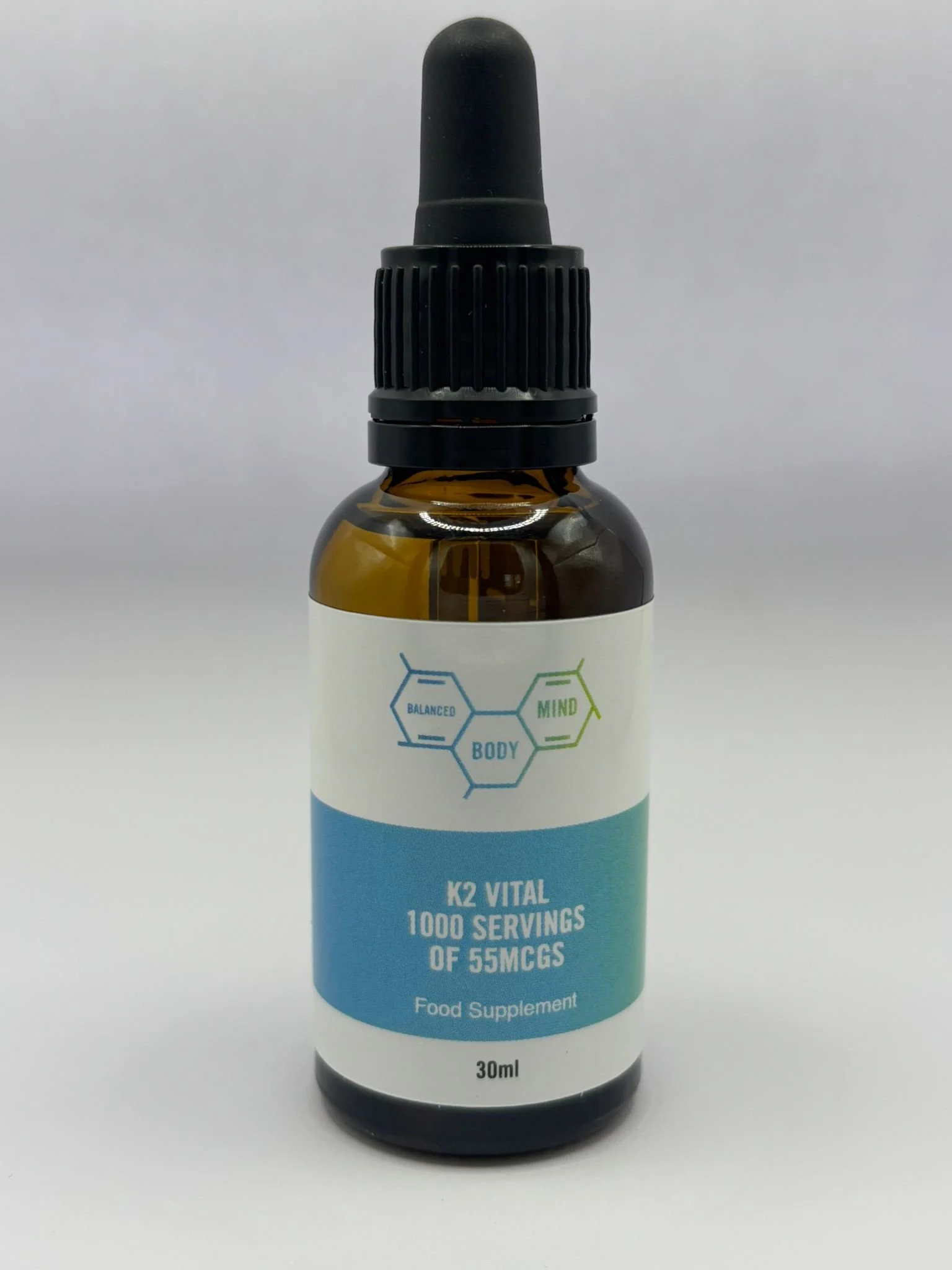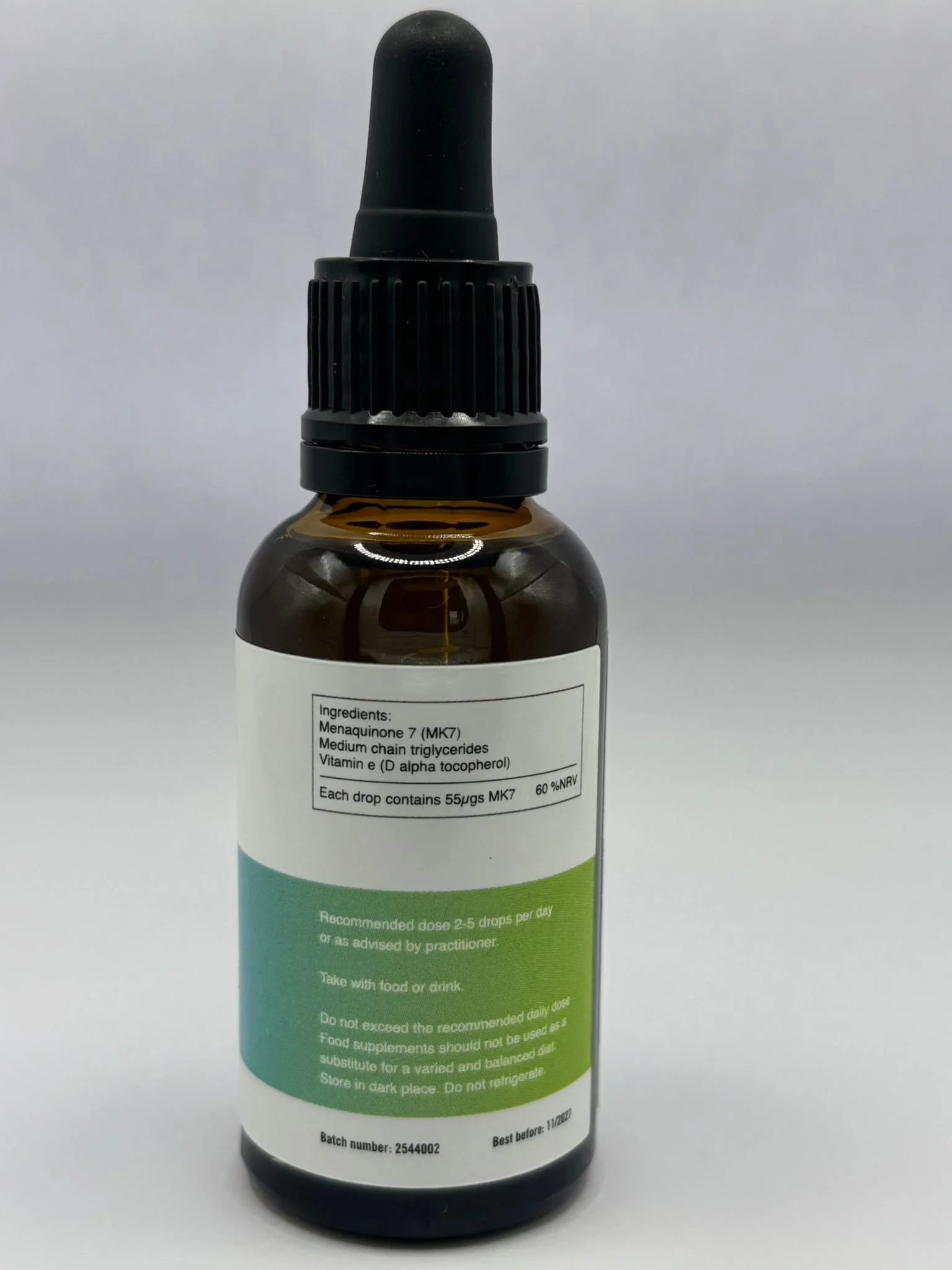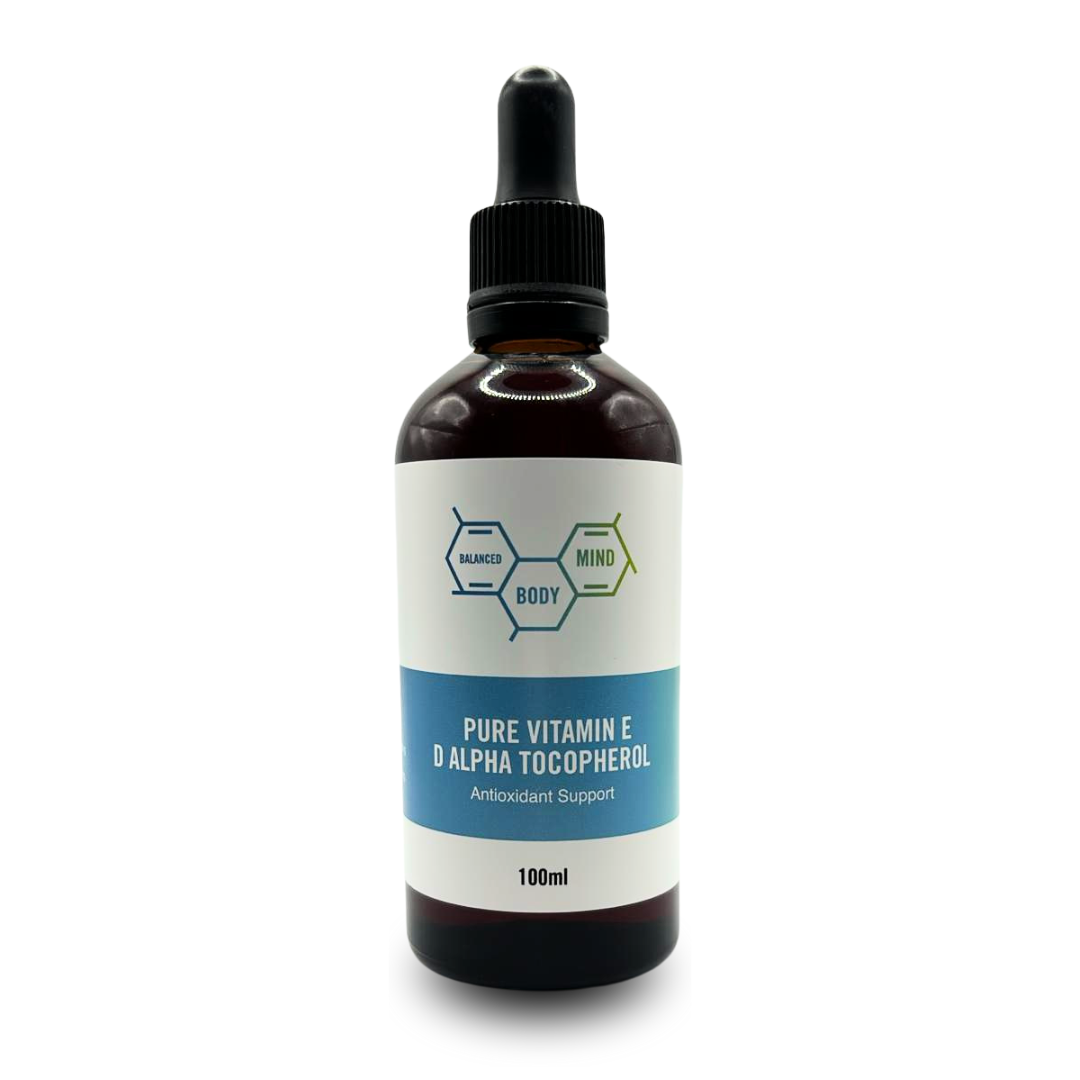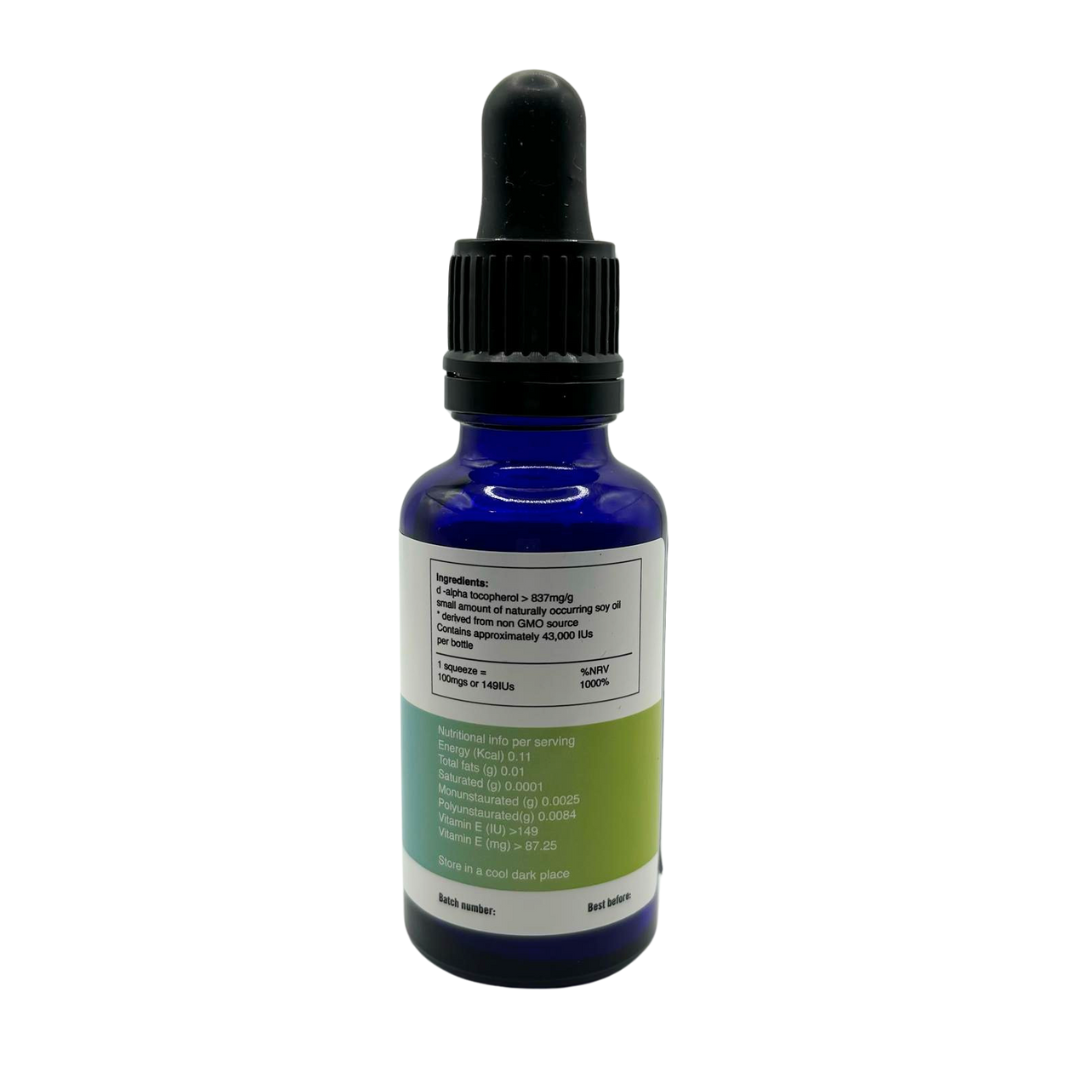Taurine as an anti inflammatory https://www.ncbi.nlm.nih.gov/pmc/articles/PMC7551180/
Taurine as a nerve and eye protector https://www.ncbi.nlm.nih.gov/pmc/articles/PMC3480351/
Taurine protects against the damage of chemotherapy https://www.ncbi.nlm.nih.gov/pmc/articles/PMC3480351/
Taurine and cardio metabolic health https://www.ncbi.nlm.nih.gov/pmc/articles/PMC9284575/
Taurine is a sulphur containing amino acid, and its precursor is cysteine. During sustained exercise increased oxidative stress will contribute to increased glutathione and Coenzyme A need, which is also derived from cysteine. Excesses of methionine and cysteine can contribute to ageing so extra supplementation of taurine might be beneficial instead of trying to increase cysteine levels. Taurine supplementation in a variety of exercise situations has been shown to improve performance, notably by lowering excessive oxidative stress, decreasing lactic acid production and maintaining sugar and fat metabolism.
--
I've seen taurine have some great effects in clients with taurine for improving glucose markers and assist with optimising liver function. Taurine can be used to improve insulin values, improve glucose utilisation, HBA1C the marker for type 2 diabetes, and HOMA IR the test used for assessing insulin responsiveness. Of course you can't do any of these things without addressing the foundational aspects of good food, stress management, exercise and quality sleep.As neurological decline is often preceded by loss of glucose metabolism, taurine can be very useful for slowing age related brain diabetes. Link in story for taurine.


